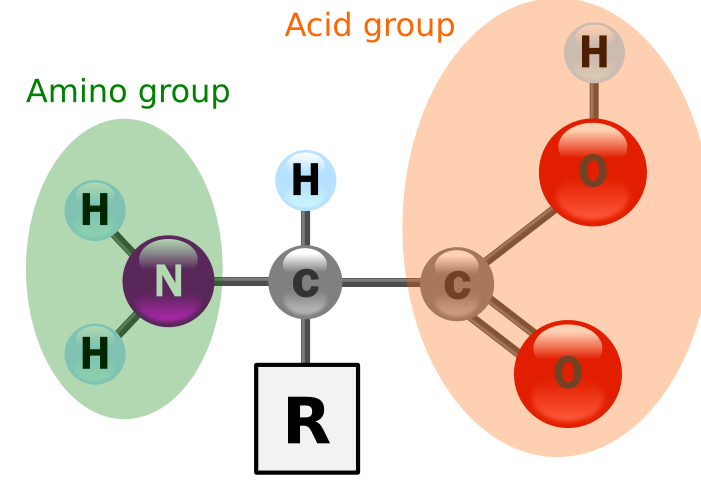- Empty cart.
- Continue Shopping
How the Body Processes Amino Acids

Amino acids are often referred to as the building blocks of life, and for good reason. These organic compounds play a crucial role in numerous physiological processes, including protein synthesis, neurotransmitter regulation, and energy production. But how exactly does the body process these essential elements?
Types of Amino Acids
Before we dive into the processing, it’s important to understand that amino acids can be categorized into three main types:
- Essential Amino Acids: These cannot be synthesized by the body and must be obtained through diet.
- Non-Essential Amino Acids: The body can produce these on its own.
- Conditional Amino Acids: These are usually non-essential but become essential under certain conditions, such as illness or stress.
Ingestion and Absorption
Dietary Sources
Amino acids are primarily obtained through protein-rich foods like meat, dairy, legumes, and certain grains and nuts.
Digestion
When you consume protein, the digestive system breaks it down into individual amino acids and short chains of amino acids called peptides.
Absorption
The amino acids and peptides are then absorbed into the bloodstream through the small intestine.
Transportation and Utilization
Bloodstream
Once in the bloodstream, amino acids are transported to various tissues and organs for use.
Cellular Uptake
Cells take up amino acids from the bloodstream based on their specific needs, facilitated by specialized transporters on the cell membrane.
Protein Synthesis
Inside the cell, amino acids are used to build new proteins through a process called protein synthesis, which is regulated by DNA and RNA.
Other Roles
Apart from protein synthesis, amino acids also serve other functions such as:
- Energy Production: Some amino acids can be converted into glucose or fatty acids for energy.
- Neurotransmitter Synthesis: Amino acids like tryptophan and tyrosine are precursors to neurotransmitters like serotonin and dopamine.
- Immune Function: Amino acids like arginine and glutamine play a role in immune response.
Excretion
Nitrogen Metabolism
The body breaks down excess amino acids, resulting in nitrogen-containing compounds.
Urea Cycle
The liver converts these compounds into urea, which is less toxic.
Elimination
Urea is then transported to the kidneys, where it is excreted from the body through urine.
Finally, the body’s ability to process amino acids is a complex but finely tuned system that impacts everything from cellular function to overall well-being. Understanding this process can offer insights into the importance of a balanced diet rich in high-quality proteins and the potential implications of amino acid imbalances. Whether you’re a fitness enthusiast, a curious individual, or someone dealing with specific health conditions, a deeper understanding of how your body processes amino acids can be incredibly empowering.








